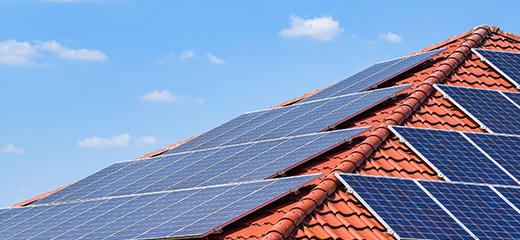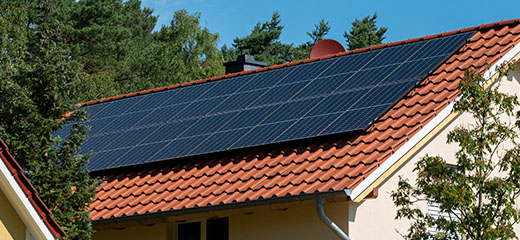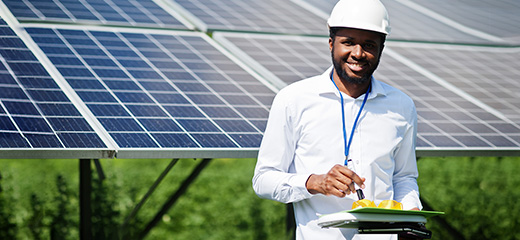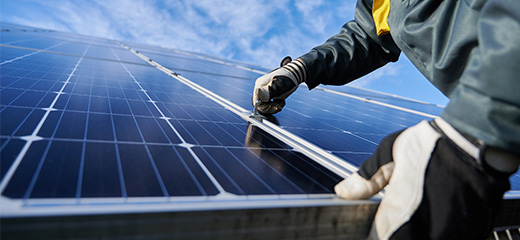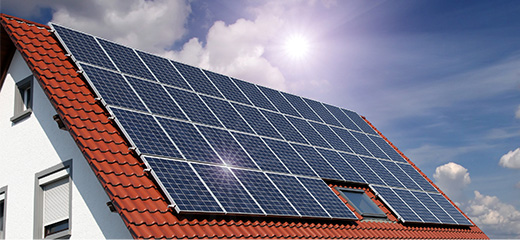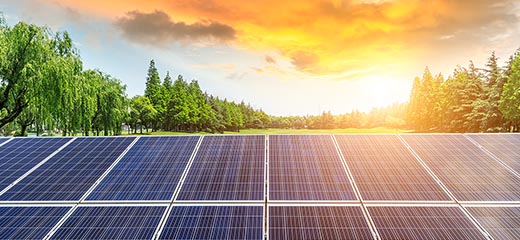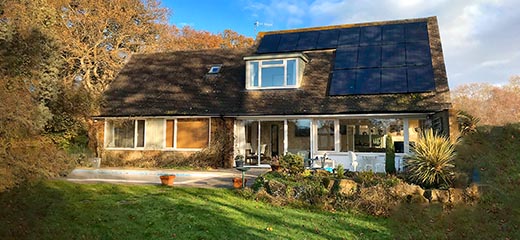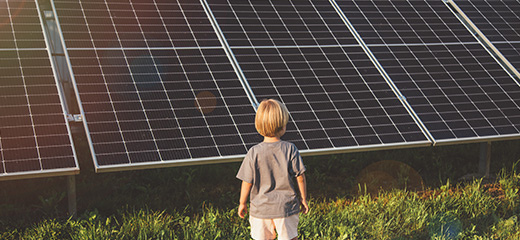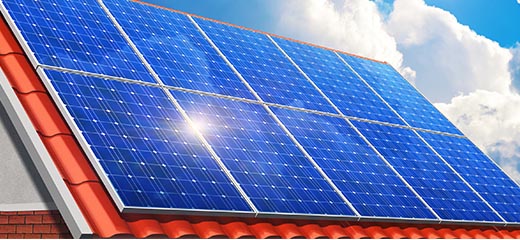
Best places to live for home solar
Homes in Gauteng outshine their coastal counterparts when it comes to solar efficiency, according to Standard Bank's home efficiency platform, LookSee. However, it’s not all bad news for the Southern part of the country as some suburbs in KwaZulu-Natal and the Western Cape achieve average Solar Scores ranging from mid 80s to low 90s.
Marc du Plessis, the executive head of Standard Bank LookSee, explains that a home's location, conditions and structure play a vital role in determining the performance of a solar system.
“There are a variety of factors that play a role such as roof direction, size, and slope, obstructions and solar irradiance. These factors are often challenging for households to assess independently, leading to disappointment when the actual generation potential falls short of expectations. To help households make informed decisions about solar investments, we developed South Africa’s first, free, online Solar Score system specifically for residential properties,” he says.
How homes perform
In addition to assessing individual homes, the Solar Score has enabled LookSee to analyse which suburbs in Gauteng, KwaZulu-Natal, and the Western Cape offer the most favourable conditions for solar installations.
Du Plessis notes that out of the top 30 suburbs, Gauteng dominates with 14 places, with Windsor East, Morninghill, and Alberante boasting the highest average scores of 97, 97, and 96, respectively. KwaZulu-Natal features 9 suburbs on the list, with the Western Cape providing 7.
“Gauteng’s position as the top solar performer is due to higher solar irradiation or photovoltaic emission levels in the northern parts of the country. Additionally, the average home in each of the 14 inland suburbs have the potential to generate over 100 kilowatt-hours (kWh) a day.”
While solar irradiation levels decrease as you move away from the equator, South Africa’s coastal suburbs demonstrate just how beneficial the country’s weather conditions are for solar installations.
“The average Solar Scores for homes in the coastal regions range between 92 and 84, which is firmly in our classification of excellent potential for a solar installation. The average home in KwaZulu-Natal’s Everton H C could generate as much as 91kWh per day while a home in Huis-en-Bos in the Western Cape has the potential to generate 83kWh per day. The savings on the monthly electricity bill alone, make solar very attractive to these households,” du Plessis explains.
What’s clear from the analysis is that where you live, the structure of your home and the conditions of your property have a very real impact on what you could expect from a solar installation.
The LookSee Solar Score is free and easy to use, only requiring you enter your physical address. The system then generates a 3-dimensional model of your home and analyses this against a variety of solar performance factors to come up with a score that is specific to your home.
LookSee's Solar Score currently covers freestanding homes in most cities across the country. Efforts are underway to expand the coverage to include all towns and cities in South Africa and include sectional title properties.
To see the Solar Score's coverage map, click here.
The LookSee Solar Score provides insights into your roof’s potential to generate electricity and save money.
